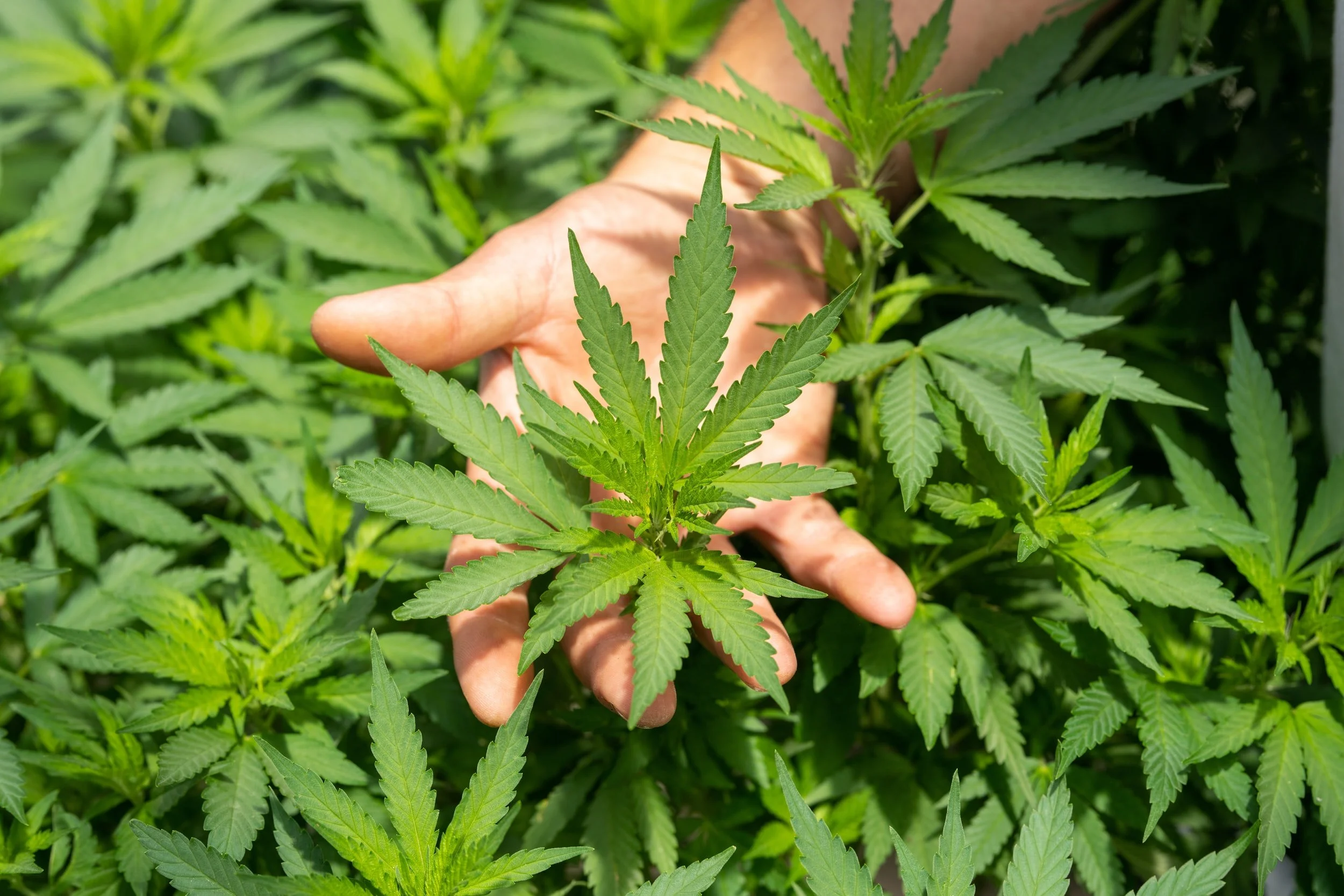VOLUME 14 2021-2022 ISSUE 1
14 Ky. J. Equine, Agric. & Nat. Res. L. 1 (2022).
Note by: Jocelyn Lucero
The equine industry heavily relies on migrant workers, many of which are admitted under the H-2B program. In this note, UK Law Graduate and former Editor-in-Chief Jocelyn Lucero demonstrates the abuses and exploitations of migrant equine workers. Further, Lucero establishes the need for legislative reform of the H-2B visa program in order to protect one of the most vulnerable working communities.
Article By: Dr. Elaine Ramesh
In this article, patent attorney and former board member of the Horsemen's Council of Illinois Dr. Elaine Ramesh sets forth potential legislative initiatives related to horse ownership. Dr. Ramesh explores these initiatives through a four-pillar creative thought process including land rights, the right to engage in horse-related activities, rights influencing horse ownership, and the legal categorization of horses.
Note By: Bennett Z. Tuleja
Workers’ compensation laws provide compensation for employees injured on the job. In Kentucky, agricultural workers are barred from receiving workers’ compensation benefits. In this note, Notes Editor Bennett Tuleja argues that this agricultural exemption should be amended or repealed to mitigate its harmful effects on agricultural workers.
VOLUME 14 2021-2022 ISSUE 2
14 Ky. J. Equine, Agric. & Nat. Res. L. 2 (2022).
Note by: Alison Adkins
The Endangered Species Act was enacted to protect species threatened with extinction. In this note, UK Law Graduate Class of 2023 and former KJEANRL staffer Alison Adkins discusses criticisms of the Endangered Species Act. Further, Adkins argues for Kentucky to change its current state-level regulations to better protect vulnerable populations.
Note by: Lyndsey Antos
In 2020, the Bureau of Land Management proposed to revise its regulations for timber sale protests. In this note, former Online Editor and UK Law Class of 2022 graduate Lyndsey Antos argues that these revisions are constitutional and could play a major role in reducing wildfires.
Note by: Andrew Biggs
In Massachusetts v. EPA, SCOTUS ruled that the EPA had the authority to regulate greenhouse gas emissions. In this note, UK Law graduate and former Articles Editor Andrew Biggs analyzes the current state of climate change litigation. Biggs further demonstrates the role Massachusetts v. EPA and other cases have played in deadlocking climate change remedies that could have stemmed from litigation.
Note by: Kennedy Weathers
Craft beer is a booming industry. In this note, UK Law graduate and former KJEANRL staffer Kennedy Weathers discusses the many challenges that the craft beer industry faces due to climate change. Weathers argues that mandatory sustainability measures should be put in place to secure the future of the beer industry.
Note by: Matthew Hayes
In this note, Staffer Matthew Hayes argues that, due to the current climate crisis, the Supreme Court should consider a state’s effect on climate change when it rules on inter-state water rights disputes. Hayes further asserts the importance of addressing climate change in making this decision as the world is susceptible to potentially irreversible water-driven climate tipping points.
Article by: Victoria DePalma
In this article, Assistant Professor of Honors and Sustainability at Coastal Carolina University Victoria DePalma argues for substantial regulation of carbon emissions. DePalma analyzes the decision in Massachusetts v. EPA and demonstrates how this case is a major step in creating mitigation techniques to adapt to the effects of climate change.
VOLUME 14 2021-2022 ISSUE 3
14 Ky. J. Equine, Agric. & Nat. Res. L. 3 (2022).
Note by: Scott Kunde
Sections 401 and 404 of the Clean Water Act provide limits on who can dump pollutants into U.S. waters. In this Note, UK law graduate and former KJEANRL staffer Scott Kunde argues for the overturn of the Trump administration's changes to these sections. Kunde demonstrates that without this overturn, many previously protected waterways could now be negatively impacted.
Note by: Nick Cacopardo
Asian carp are a threat to economic and environmental stability in Kentucky. In this note, UK College of Law graduate and former Production Editor Nick Cacopardo discusses the regulations put in place to control the Asian carp population. Further, Cacopardo also considers new regulations and programs that Kentucky could implement to better control the Asian carp population in the Commonwealth.
Article by: Silvia M. Alderman
In this article, head of the Akerman LLP Water Task Force and former deputy general counsel of the Florida Department of Environmental Protection Silvia Alderman explains the practices Florida has implemented to control water levels and quality in the Everglades and other areas of the state. Alderman also suggests that other states may benefit from implementing similar measures.
Article by: Robin Kundis Craig
The quality of coastal water remains an environmental and economic concern in the United States. In this article University of Southern California Gould School of Law Robert C. Packard Trustee Chair in Law Robin Craig explores the intersection of the Clean Water Act with the ocean and pushes for more to be done to improve ocean water quality.
Note By: Zachary D. Mills
The bourbon industry is particularly prominent in Kentucky. In this note, Volume 15 Editor-in-Chief Zachary Mills explores the environmental hazards associated with the bourbon industry. Mills ultimately argues for changes to Kentucky’s regulatory structure in order to promote sustainable industry growth.

















